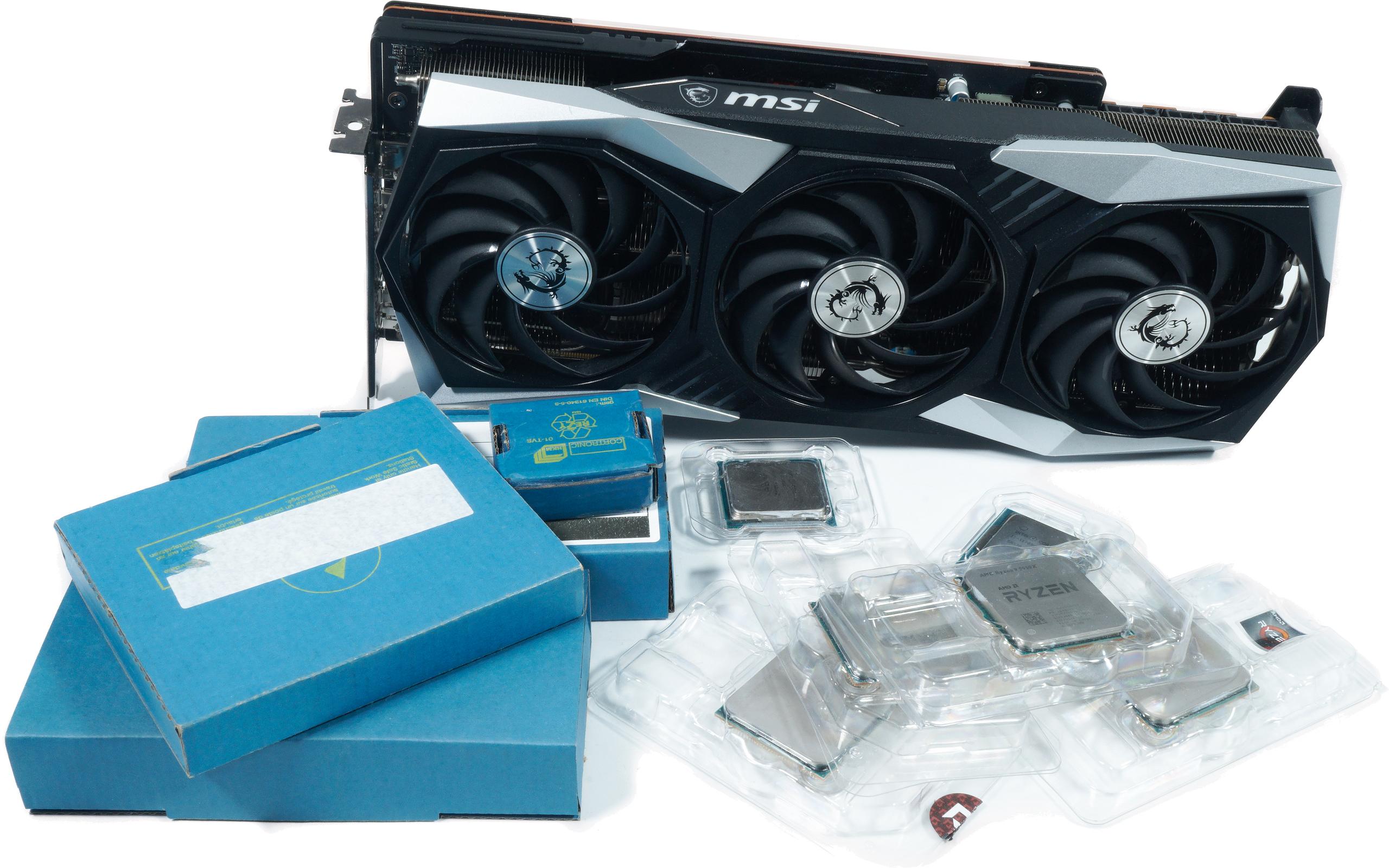The 12100 is a 60W CPU, the 12400 65W. Not sure which chips you are talking about on the AMD side of things? Heck... My 12700k often uses less than 65W in games, too. Those chips are better than their rep in most day to day use-cases.
Yeah, a drop that only fills up 95% of the bucket, 230W PPT vs. 241W PL1! Really, a difference like night and day. Also, read from several people already that their 5950X can easily draw over 200W, too, if left unchecked, but that's just a minor, unimportant detail, right?
If all Ryzen 9s play in that league, and the 13700k stays at around the consumption and relative performance of the 12700K, then Intel might actually have the less power hungry chip of that performance level next generation...


